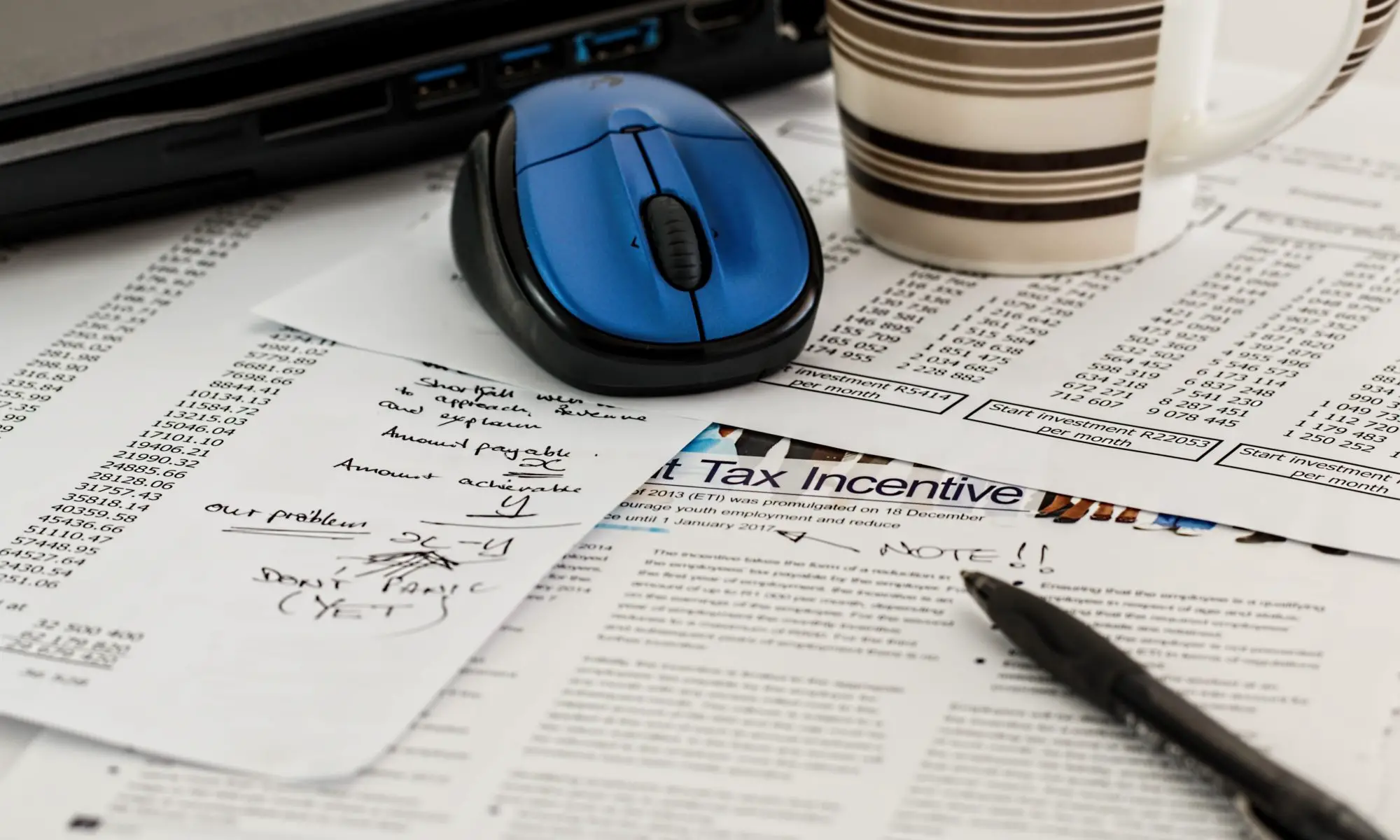Even in a tropical paradise it sometimes has to rain. Similarly, even in tax havens like The Bahamas, there has to be some tax system to fund government spending.
The Bahamas tax system is world famous for not taxing income (personal or corporate), capital gains, wealth or inheritance. With some strategic planning, it is one of the least onerous systems to live under.
Mainly, the Bahamian government fills its coffers by their import duties, value-added tax and stamp duty on various documents needed for certain transactions.
Follow this guide to navigating the tax system here in The Bahamas and you’ll be able to structure your income, portfolio and other activities to minimize your tax bill.
Income Tax: The Magic Bullet of The Bahamas’ Tax System
The elevator pitch for The Bahamas’ tax system is simple:
- No tax on personal income.
- The same zero-tax policy applies to company income.
- Other types of income, like capital gains, dividends, gifts and inheritances are not taxed.
All of those checks in the no-tax column make The Bahamas’ tax system one of the most favorable in the world — especially within such close proximity to the US.
There’s certainly no guarantee this will always be the case — the government is sure to feel pressure from developed countries, creditors and less-well-off citizens to levy an income tax — but it seems to be the commitment for now.
Qualifying for Tax Residency
Obviously, in order to take advantage of the low tax rates and qualify for the tax system here, you’ll have to be considered a tax resident of The Bahamas.
Happily, there are a few easy and attainable routes to a residence permit.
To avoid paying tax in your current country, you’ll also have to qualify as a non-resident. This might include:
- Ending all property leases.
- Closing bank accounts and credit cards.
- Applying for and receiving a certificate of non-resident status from your current government.
Special Situation for US Citizens
The United States is the only country in the world with a citizenship-based tax system. That means that US citizens are liable to pay the IRS based on their worldwide income, even if they haven’t lived in the US for decades.
That means that to fully enjoy the tax system in The Bahamas, you’ll have to secure citizenship here and renounce your US citizenship.
A few other countries, like Spain and Mexico, may have rules that require you to pay taxes on your Bahamas-sourced income for a set period of time after moving here.
Stamp Duties Are One of the Most Expensive Parts of the Tax System
For a long list of official
- A 10% stamp duty on transactions above $100,000.
- Or 2.5% stamp duty on a property below that threshold.
First-time home buyers can apply for an exemption from the stamp duty on the conveyance and mortgage certificates that are needed when buying a home.
Value-Added Taxes
As of July 1, 2018, there is a 12% VAT applied to almost all goods and services sold in The Bahamas.
Essential food items (known as breadbasket items) and real estate are exempt from the VAT. (But the fees associated with real estate transactions, such as appraisals, lawyers’ fees and agents’ fees are not VAT exempt.)
The Future for The Bahamas’ Tax System
Preparing to apply for Bahamian residency (and then maybe citizenship eventually) can take years. It makes sense to wonder whether the system in The Bahamas will be as attractive when you get to the end of the process as it is now.
There are signs that the government wants to use taxes as a lever to power social programs. For instance, certain neighborhoods in Nassau have been identified as incentive zones where the government has reduced the tax rate for VAT and duties.
We’ll probably see more of these initiatives in the coming years.
As well, the government faces the problem that the national debt has a share of
For the short term, the government seems to be willing to use hikes in the VAT rate to help maintain the current income-tax-free system.
Outline of The Bahamas Tax System
For historical reasons and to attract expats, The Bahamas maintains a very favorable tax system. Points to note include:
- No income tax for individuals or companies.
- Capital gains, inheritance, dividends, interest and gifts are also tax-exempt.
- There is a stamp duty that applies to real estate transactions.
- Almost all other goods and services have a 12% VAT levied on their price.
While taxes are an unavoidable part of life, they can certainly be minimized. Drop me a line with your questions about the tax system in The Bahamas and I’ll be happy to help.


